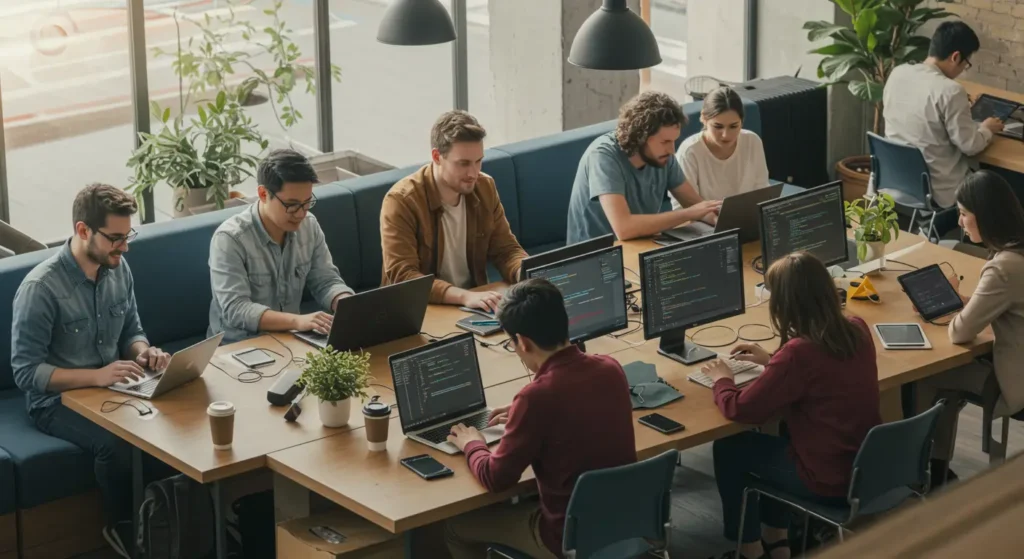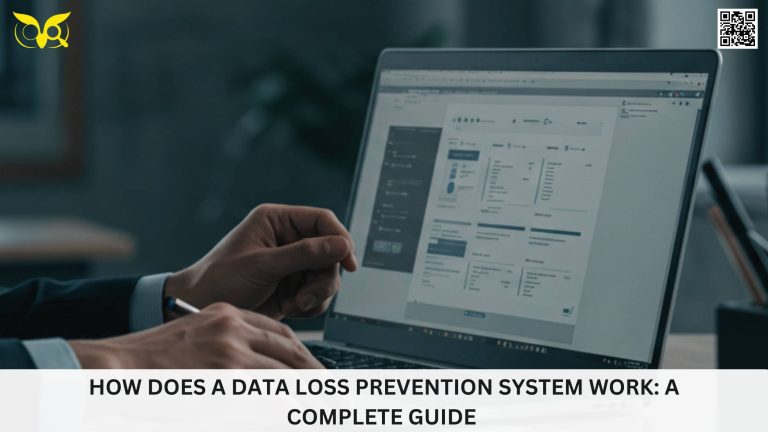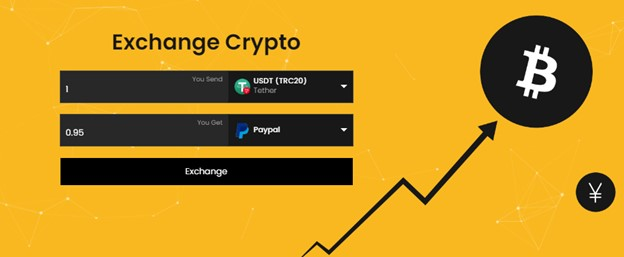Coding is no longer a specialist skill of IT practitioners and is quickly becoming a fundamental skill in every industry. Whether it is automation, data analytics, AI, or fintech, digital transformation that is enveloping the world is powered by code.
Coding can help you think differently and work more efficiently, whether you are a marketer aiming at automating reports, a teacher investigating edtech, or an entrepreneur developing the next big app. In this blog, we will explore why learning to code in 2025 is a smart move and how it is transforming opportunities for people across various walks of life.

Introduction
In the same way that literacy and numeracy once revolutionised work and education, digital fluency, especially in coding, is now a crucial skill for the future of work. The need for tech talent is at an all-time high, but more interestingly, professionals outside of tech roles are also learning to code to stay competitive.
This surge in demand has led to the growth of the online coding bootcamp ecosystem, which offers fast, focused, and flexible ways to gain coding skills without requiring a computer science degree. Whether you’re a student, working professional, or career switcher, coding bootcamps have opened doors to new career paths and problem-solving capabilities.
1. Coding Is the Language of the Future
There is no sphere of our life where technology is not applied: it has found its way in banking and healthcare, education, and entertainment. According to the Ministry of Electronics and Information Technology (MeitY), the digital economy will provide more than 1 trillion towards the GDP of India by 2025. This type of economy is centred on a single concept known as coding.
When learning how to code, the skills that are taught are not only coding syntax but also a new mindset. It improves:
- Problem-solving
- Logical reasoning
- Creativity
- Analytical thinking
Even if you’re not building apps or websites, understanding how technology works gives you a competitive edge.
2. Coding Builds a Growth Mindset
Coding requires trial and error. You write something, test it, debug it, and try again. This process builds resilience and a growth mindset, skills that are valuable in any field.
Whether you work in operations, design, HR, or marketing, the ability to iterate, analyse feedback, and solve problems creatively is vital. As automation takes over routine tasks, what will remain essential are human skills combined with tech fluency.
3. Career Flexibility and Better Earning Potential
Jobs that require coding often come with higher salaries and remote flexibility. For instance, roles like full-stack developer, data analyst, or automation engineer can be found across sectors. According to Naukri and LinkedIn India, roles requiring coding have seen a 30–50% increase in demand over the last two years.
Popular careers that value coding:
- Software Developer
- Data Analyst
- Product Manager
- UX/UI Designer (with front-end skills)
- Business Analyst
- Digital Marketer (with automation skills)
4. Coding Enhances Non-Tech Roles Too
Contrary to popular belief, coding isn’t just for software engineers. In 2025, non-tech professionals are using basic coding to:
- Automate repetitive Excel tasks with Python
- Build data dashboards with JavaScript or SQL
- Create landing pages and email templates using HTML/CSS
- Conduct sentiment analysis in customer reviews using NLP tools
Learning code empowers professionals to become more efficient, data-driven, and self-sufficient.
5. Tools Are More Accessible Than Ever
The barrier to entry has never been lower. Thanks to interactive platforms, online communities, and no-code/low-code tools, even beginners can build apps or automate workflows.
Popular tools and platforms to start with:
- Python for automation and data
- JavaScript for web development
- SQL for databases
- GitHub for version control and collaboration
- Google Colab and Replit for in-browser coding
6. Coding Encourages Lifelong Learning
Tech changes fast. By learning to code, you’re not just gaining a technical skill, you’re adopting a mindset of continuous learning. As new frameworks, languages, and tools emerge, those who already understand the fundamentals can adapt quickly and lead innovation.
7. From Learner to Creator
Once you understand the basics of coding, you’re no longer just a consumer of technology—you become a creator. You can build:
- A personal website
- A custom chatbot
- A portfolio dashboard
- A mobile app to solve a local problem
This creative freedom allows you to prototype ideas, pitch solutions, or even launch a startup.
8. Preparing for the Future of Work
In a world shaped by AI, blockchain, and automation, coding is a foundational skill. It’s not just about writing code, but also about understanding systems, logic, and digital workflows. As India transitions to a more digital and connected economy, coding literacy will become as important as English proficiency in many jobs.
Conclusion
As 2025 unfolds, it’s clear that coding is no longer optional, it’s foundational. Whether you’re looking to upgrade your current skills, switch careers, or future-proof your job, learning to code is a powerful step forward.
One of the most effective ways to get started is through a software engineering bootcamp. These intensive programs offer hands-on projects, peer support, and industry-relevant training that goes beyond just theory. They equip you not only with coding skills but also with the confidence to build, collaborate, and grow in today’s digital economy.
In a world where innovation rewards those who can build, coding is your gateway to opportunity. Why wait to be disrupted when you can help lead the change?
Source: https://baddiehub.news/






